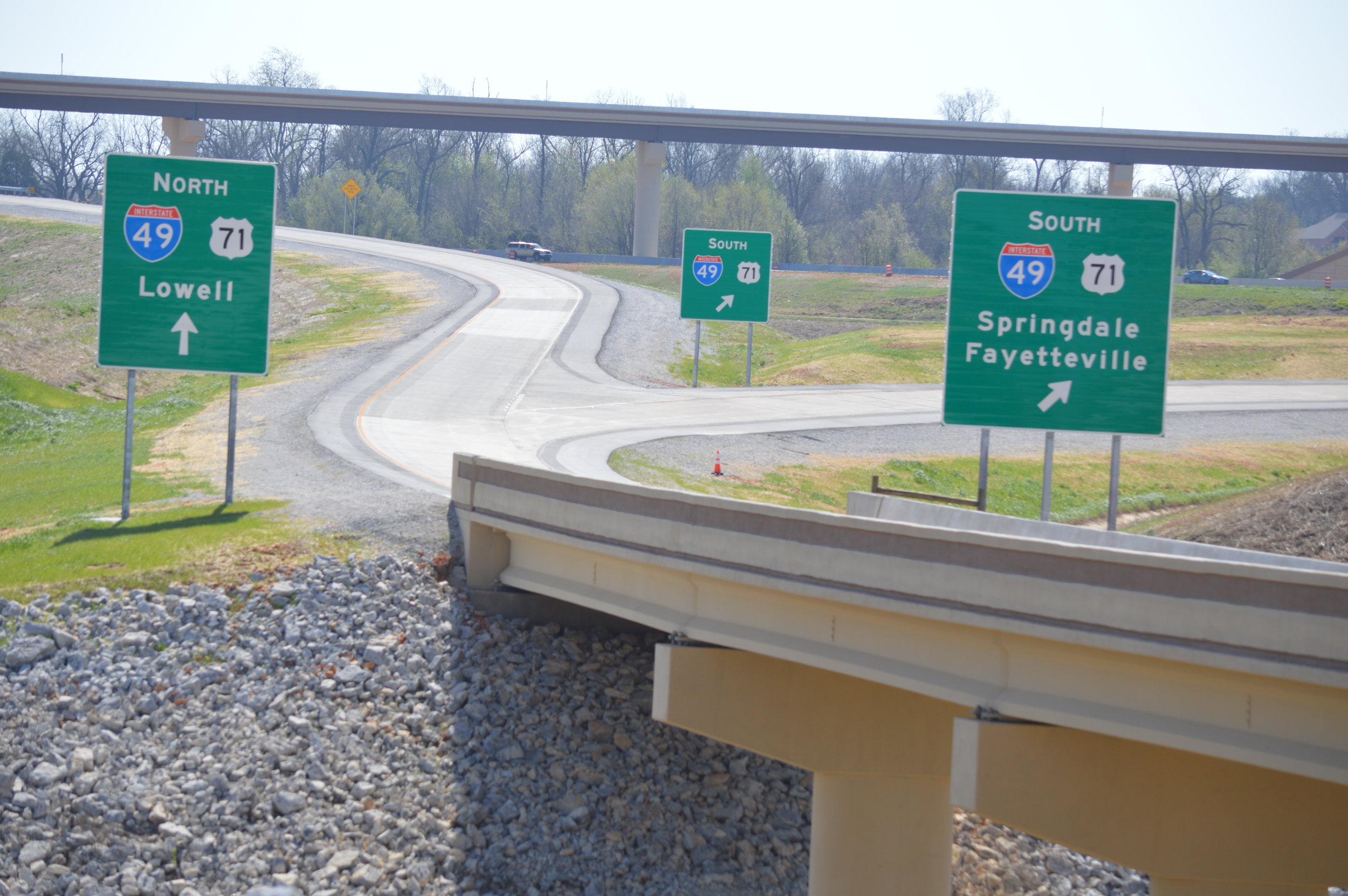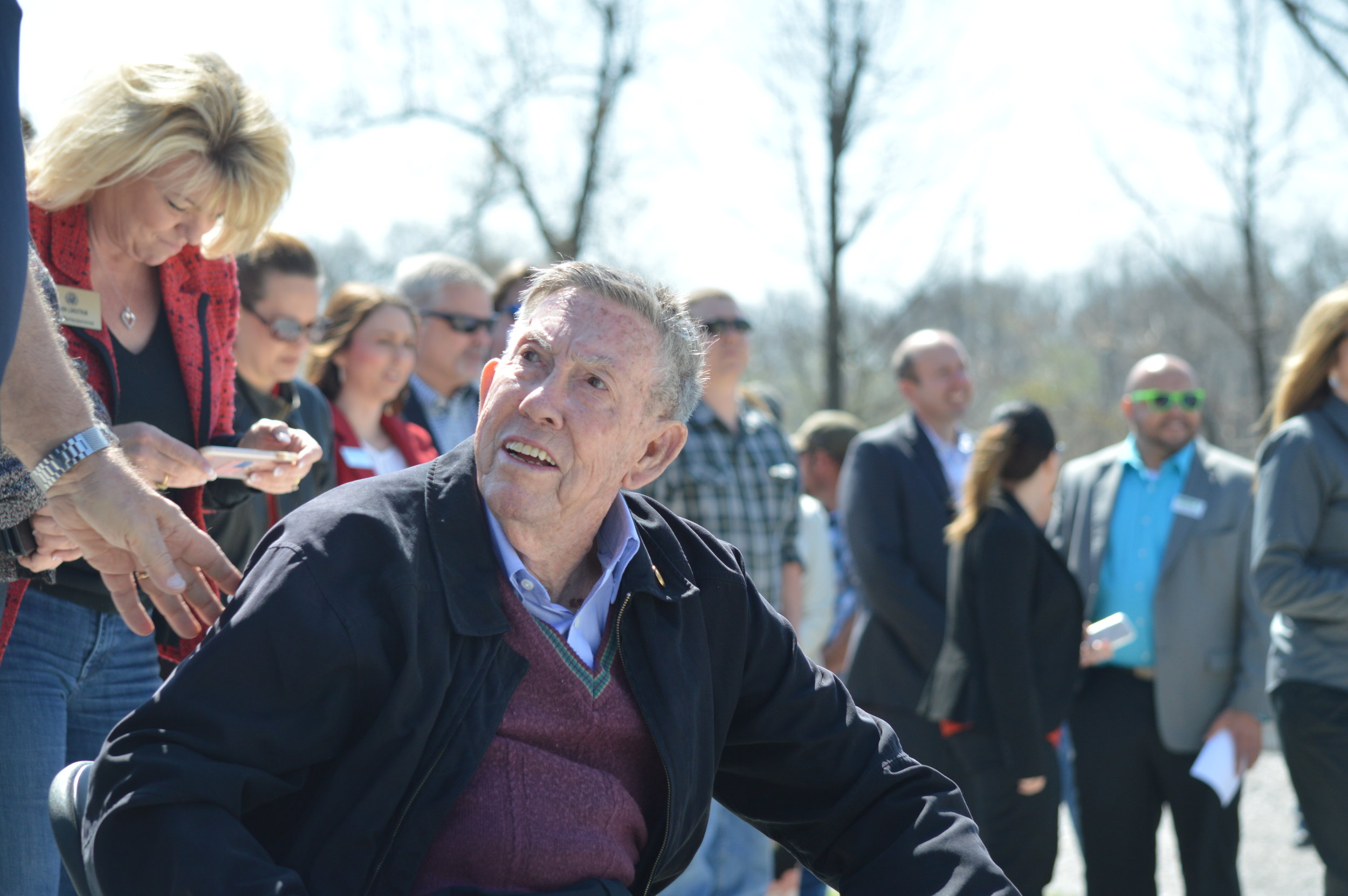Northwest Arkansas leaders and the Arkansas Department of Transportation earlier today celebrated the competition of one of the biggest highway projects in state history.
The first 4.5 miles of the future U.S. 412 bypass, which will be known as Arkansas Highway 612 for now because the section doesn’t connect to U.S. 412, cost $100.6 million and was completed a full year ahead of schedule. It connects to Interstate 49 near the J.B. Hunt Transport Services headquarters in Lowell and heads west from there.

Those headed east on the new Arkansas Highway 612 will use a series of bridges and ramps before heading north or south on Interstate 49. The new highway should be open to traffic later this month.
A ribbon-cutting ceremony, led by Arkansas Department of Transportation Director Scott Bennett and all five Arkansas Highway Commission members, brought more than 150 people to the new 612. Those who attended were among the very first people to drive on the new stretch of highway, but it won’t officially open to traffic until later this month. The target date is April 30.
The construction of Arkansas Highway 612 was the most expensive of the 36 projects funded by a half-cent sales tax approved by Arkansas voters in 2012. The Arkansas Department of Transportation maintains a website to provide Arkansans with current information about the 36 projects funded by the half-cent sales tax.
By all accounts, the magnitude of the 612 project is remarkable. It took 4.5 million pounds of structural steel, 4.4 million pounds of reinforced steel, 35,000 tons of asphalt and 22,000 cubic yards of concrete to build the highway lanes, 14 bridges, ramps, overpasses, and other highway components.
Once it opens to traffic, the four-lane divided highway will improve the drive to the Northwest Arkansas Regional Airport for motorists in Fayetteville, Springdale and Lowell. Those motorists currently rely on Arkansas highways 112 and 264 to head toward XNA, and 612 will be a nice upgrade over those two-lane routes.

Former Arkansas Highway Commission member Bobby Hopper, who has a the state’s only highway tunnel named in his honor, was among those who attended today’s event to celebrate the completion of Arkansas Highway 612. The roadway is the future U.S. 412 Bypass of Springdale, but others sections must be built to connect it to U.S. 412.
While the new highway connects I-49 to Arkansas 112 for now, the long-term vision is for a four-lane, divided highway to run all the way to the regional airport. The Northwest Arkansas Regional Airport Authority earlier this month authorized a study that would evaluate making the road more than an XNA access road and determine whether it can provide a larger regional benefit to the Northwest Arkansas highway network.
Impressive population growth in Northwest Arkansas has dramatically increased car traffic in the region. New investments in highways such as widening I-49 to six lanes between Bentonville and Fayetteville are certainly providing a benefit to the region, but the need for new investments into infrastructure and transportation options is high to keep up with growth.
There’s an interest in expanding the availability of public transit in the region, and the Northwest Arkansas Regional Planning Commission has studied the possibility of making major improvements to Arkansas Highway 112 between Bentonville and Fayetteville. That study, which included multiple options for where the new version of 112 would be improved and the possibility of relocating some sections of it, showed the improvements would cost more than $100 million.























